World Mental Health Day | Maggie's and the emotional impact of cancer
You’ve been diagnosed with cancer. You’re scared, your appearance may be changing, and you almost certainly feel exhausted both physically and emotionally.
All around you, the same words crop up again and again: stay brave and positive.
But you don’t feel brave or positive.
For Dr Susie Black - a clinical psychologist at cancer support charity Maggie’s - the message is clear: “There isn’t a right way of coping, it’s messy and difficult. It’s frightening and overwhelming.”
And that is absolutely okay.
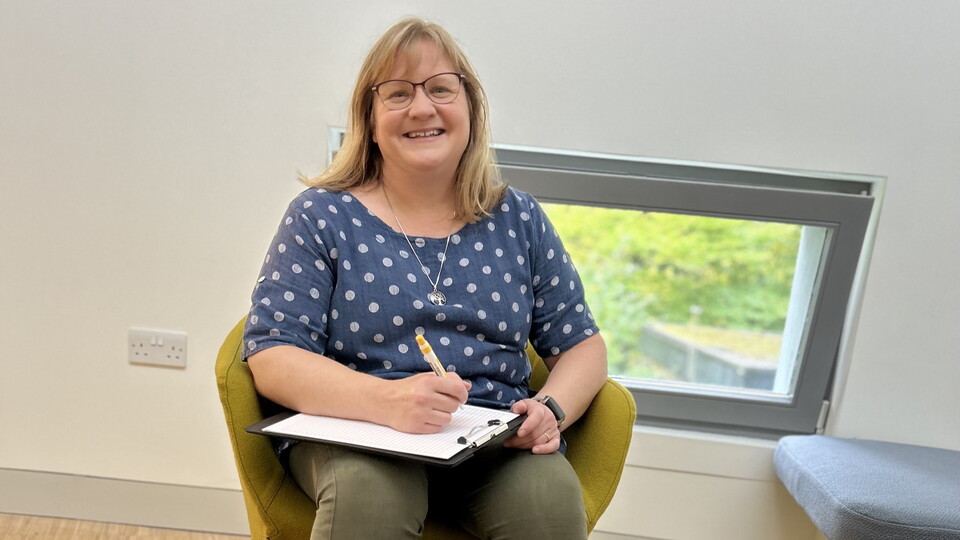
World Mental Health Day often serves as an important reminder that everyone has mental health struggles.
It’s normal, and as Susie, who speaks to cancer patients and those around them daily, explains they are a completely understandable and expected consequence when dealing with stressful situations such as a cancer diagnosis.
“Everyone worries,” she explains.
“Everyone gets stuck in this idea of ‘I have to be positive’ and that makes it very difficult for people to talk to one another, because they worry that if they’re not being positive enough then they will upset each other.
“It’s absolutely okay not to be okay. In fact, I would probably worry about somebody who felt fine throughout their cancer experience, that’s how normal it is to not be okay.
“I think some of the problem is that we have a media message which is that when you receive a cancer diagnosis you just need to be positive and strong. You need to fight.
“There’s a lot of language using the word ‘battle’, which often feels unhelpful.
“People end up feeling like they’re not coping very well because they aren’t feeling positive and strong, like they’re told they should, they’re just feeling tired and exhausted.
“They end up beating themselves up, which makes them feel worse. That makes them feel as though they’re not coping because they’re not feeling positive, and everyone always tells them that they need to stay positive. Sometimes that can feel like pressure.”
Talking helps and admitting to yourself, and those around you, that you’re not coping is a positive and necessary step. For some people that will be easy but for others, that can feel like a huge task.
Susie understands that, and Maggie’s can help, and their support does not revolve solely around talking, there is a range of support and services available.
“If you don’t talk, you can end up holing yourself up, because you don’t know what to say or you don’t know how to put it into words,’” she explains.
“We hear a lot of language about being a burden or being a problem, being the one who is miserable and bringing the mood down.
“For some people, coming in and talking about these feelings can seem like an overwhelming task.
“Within our one-to-one therapies, we don’t always talk.
“Sometimes we draw, or tell stories, or find ways to access the thoughts and feelings which we might have bottled up.
“Sometimes people just need to hear that they’re not going mad, it’s completely normal to feel really, really awful for a while, and then gradually get used to and process that experience and then you can get back to a different kind of normal life.”
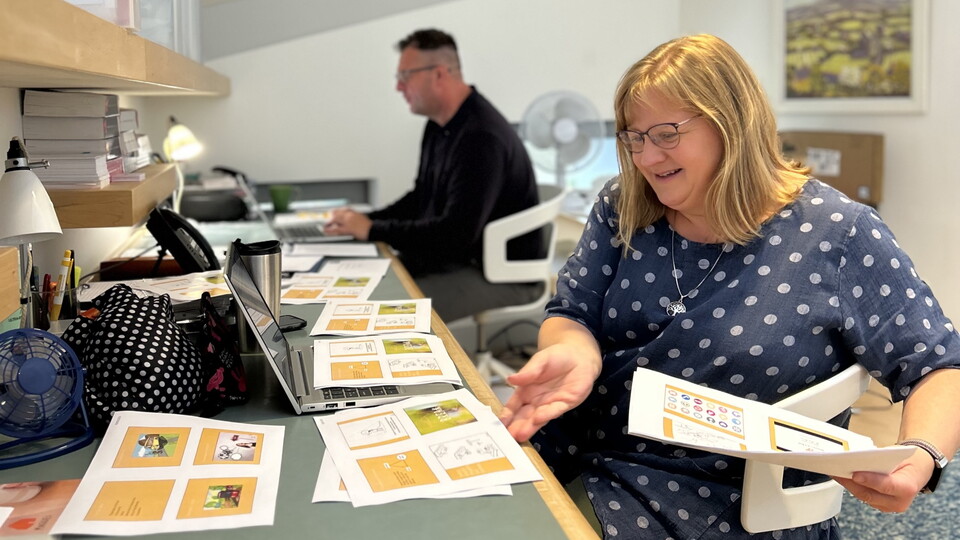
The need to seek out emotional support can hit people at different times.
Some come to Maggie’s as soon as they are diagnosed, some part-way through the journey, while for others the help Maggie’s can provide is needed much, much later in their cancer journey.
“We’ve had people coming in who are 10 years post-cancer. The service is open to anyone who has had a cancer diagnosis at any point and that includes years later,” explains Susie.
“Often in the midst of a cancer journey, you are occupied fighting that fight and you’re busy with appointments, check-ups and chemotherapy.
“It’s very common for people – once they’ve had the all-clear – to emotionally collapse just because of the way we process trauma.
“When you’re in the middle of it, you tend to think ‘I’ve just got to get through this’.
“Some people are really strong and very good at battening down the hatches and carrying on, but there is a point at which – for a lot of people – that stops being sustainable.
“Unless you’re having those open and honest conversations with people, at some point you will probably find you need to reach out for support.
“We often see people at the point when the cancer treatment is finished and they’ve been told to go and live their life. And they’re just left thinking ‘how?’
“For me, the most important thing is that surviving cancer isn’t about staying positive and strong, there are big emotional impacts that cancer can have, and it’s important to give people the option to talk about those.”
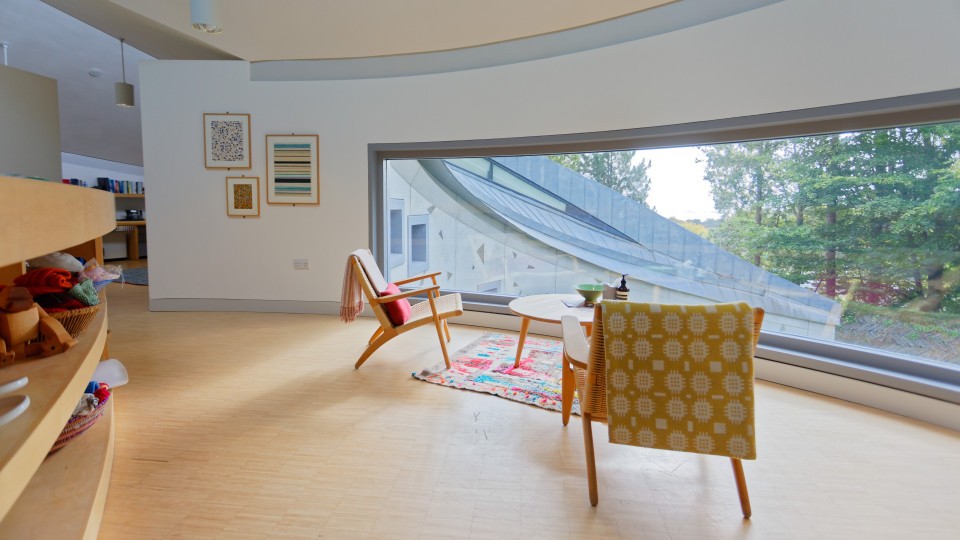
Maggie’s is there to help take some of that pressure away.
In fact, the Swansea centre is designed so you can see the Mumbles three-and a-half miles away, but not Singleton Hospital, which is immediately adjacent.
They are there for all the things you might not consider until you are living with cancer.
They can advise on finances, they help you get the best wig, and their volunteers make a really good cup of tea. As we’ll explain later, a good cup of tea is important.
Susie’s role specifically focuses on mental health provision. Fifty per cent of Susie’s time is spent with patients who have received a cancer diagnosis, but she also provides important support and guidance for family members, friends, and staff of the charity, for whom listening to difficult stories on a regular day-to-day basis can take a toll.
While Susie is Health Care and Professions Council (HCPC) registered and highly trained to provide the best possible mental health advice and support, Maggie’s ethos is that their support be informal and homely.
When you arrive at a Maggie’s centre, it is more like being welcomed into your auntie’s house – the one who always has a plate of the good biscuits ready – than into a medical centre.
And like the cups of tea, all these little things are important because it makes you feel welcome, that you are among friends and able to talk about your cancer journey and the impact it is having on you, whether you are a patient, relative, friend, caregiver or staff member.
“I think having somewhere like Maggie’s is just the most amazing space,” says Susie.
“It doesn’t feel clinical when you walk in here, and there’s an acknowledgement that we are here for the emotional impact of cancer as much as anything else.
“The full programme of support is about helping people through their experience, and we include things like yoga, tai-chi and relaxation and, for some people, that’s all they need.
“But people tell me often that without the emotional support from Maggie’s they probably wouldn’t be here anymore because they wouldn’t be able to carry on.”
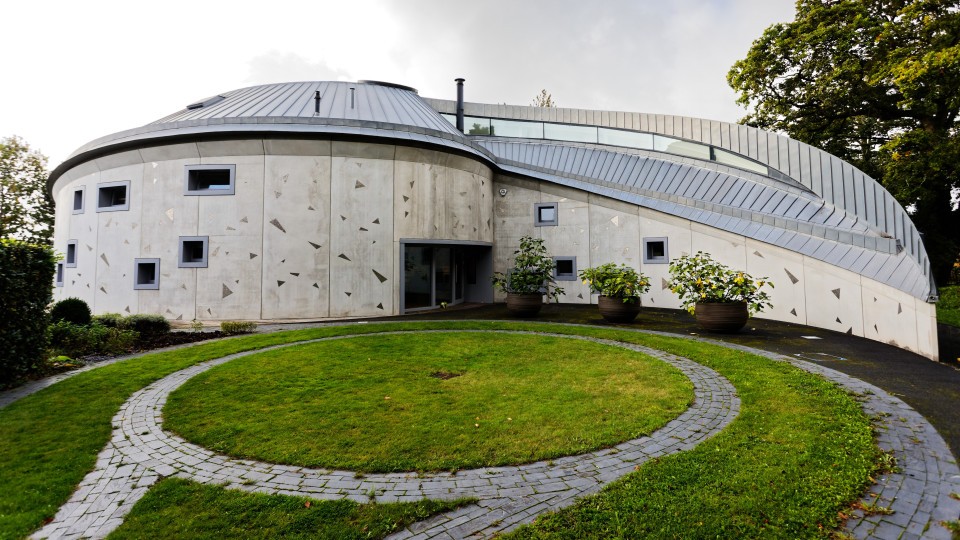
It is hard to read that a cancer diagnosis – and the mental health pressures that come with it – could lead to someone considering suicide.
It underlines the importance of understanding and accepting there is no correct way of dealing with a diagnosis, everyone is different and will have different emotions, needs and requirements.
And how does someone reach out for that support from Maggie’s? Well, that goes back to that very important cup of tea.
“To access the support, you just need to come in. Walk through the door at Maggie’s, it’s that easy,” Susie explains.
“What happens when someone walks through the door? Well, almost immediately someone will offer them a cup of tea or coffee and ask them what they’ve come for.
“If they say ‘I don’t really know’ that’s fine. They can be put in touch with our support team and we will take it from there.
“Some people find it easier if they come in for a specific purpose, so we have benefits advice for people for whom cancer is having a big financial impact, so that’s a way of accessing the services.
“There’s something very important about the space not feeling clinical. It’s very informal – we have a formal process of supporting people and we are clinical psychologists – but because Maggie’s are in charge of how it works it feels informal.
“So, if you come in for the drop-in, you might meet me because I might be covering drop-in that day.
“But you can just walk in and a cup of tea. It’s very British really.”
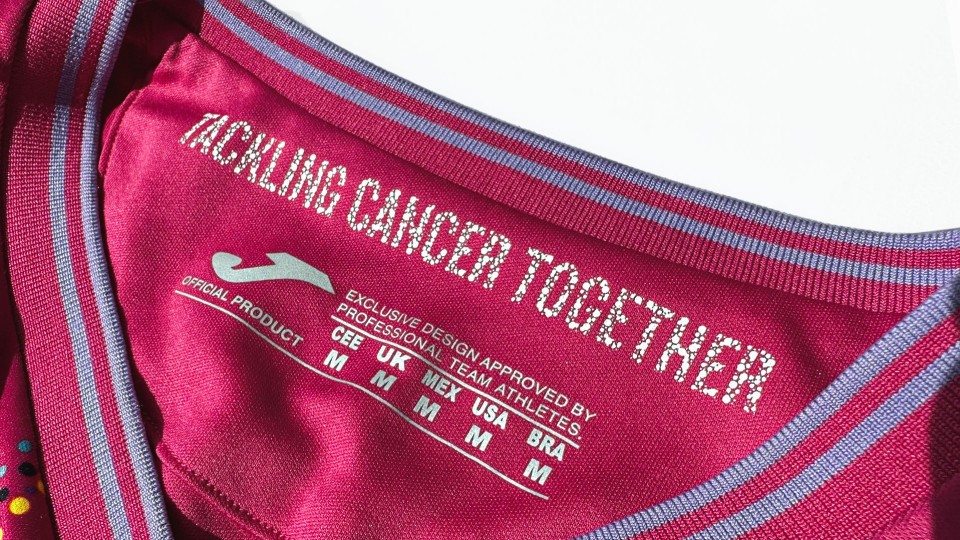
For Susie, the importance of the Swans and Maggie's' season-long 'Tackling Cancer Together' campaign cannot be understated.
She feels it will have an important part to play when it comes to raising awareness of her key message that a cancer journey is not about being positive and strong.
Susie really wants people to know that almost everyone struggles.
“I think these campaigns are really important because people need to hear this message from somewhere and if an organisation like Swansea City is running an awareness campaign, you will capture people that we don’t,” she adds.
“Perhaps they don’t come into their oncology appointment and say they’re feeling a bit rubbish, or they’re a relative and they’re focused on thinking how they are the ones that need to stay strong.
“But cancer isn’t about being strong, for me it’s about helping people to understand that it’s a difficult experience and will be difficult for everybody.
"If you’re picking up that theme and raising an awareness campaign, from my point of view that’s fantastic because it means more people get to hear that surviving cancer isn’t about being positive and strong, there are a whole pile of other emotional impacts which cancer can have and it’s important to give people the option to talk about those.”